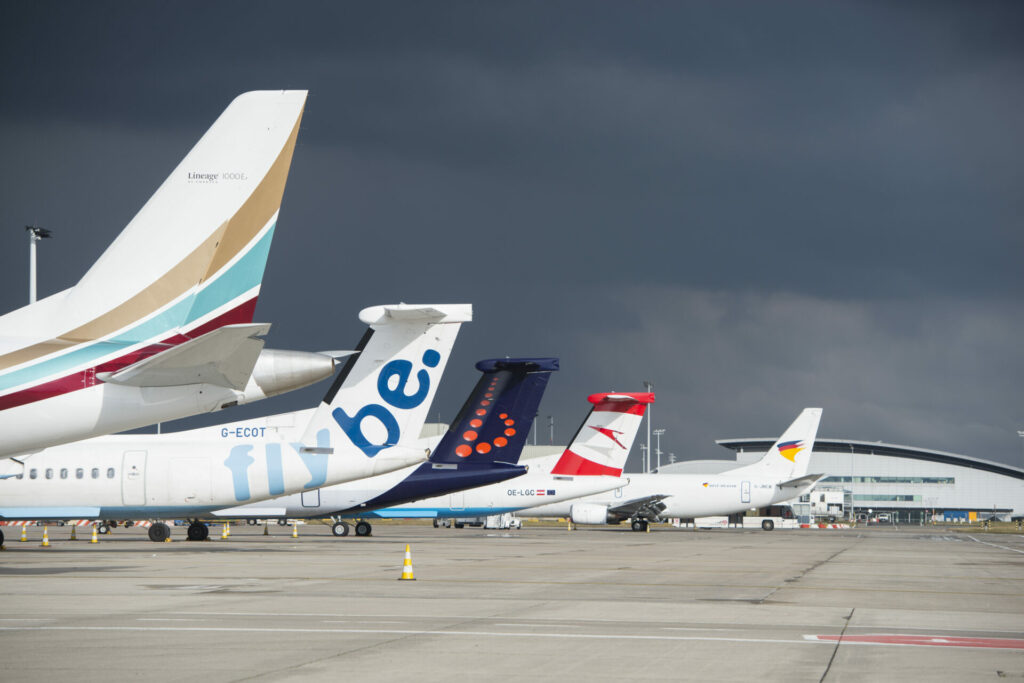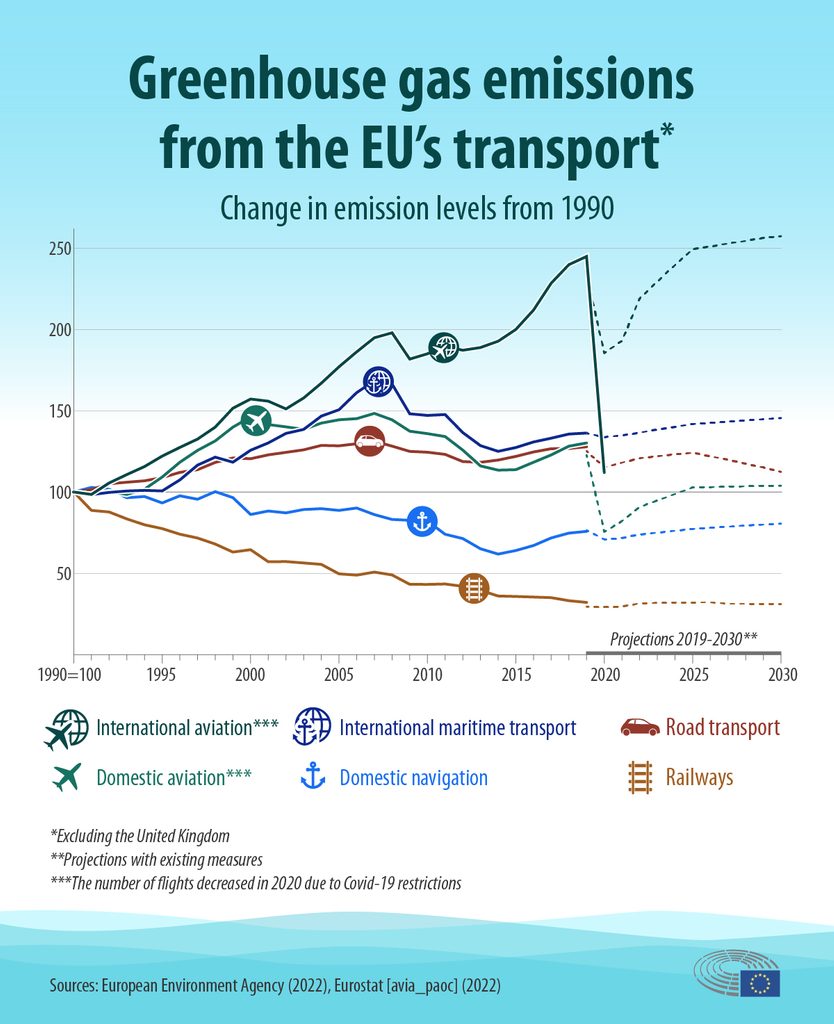The cost of air travel in Western Europe increased by 15% to 25% compared to 2022 and will likely keep rising in the coming years, according to the aviation industry.
Inflation, taxes, fuel prices, reduced market capacity and environmental levies are all factors that will push up the price of flying, which has already risen between 15% and 25%. Inflation and taxes in particular could add a further 30% to the bill by 2030, Le Soir reports.
End of the budget decade
Air travel fares had been kept relatively low for over a decade. But whilst inflation might subside, environmental taxes applied to the extremely polluting transport mode are likely to rise.
Furthermore, the European airline association (A4E, Airlines for Europe) states that the cost of flying will depend largely on the commercial and financial strategies of airlines and might vary significantly according to season. It calculates that inflation has already pushed ticket prices up 30%.
Other considerations include how full the aircraft is and how soon before departure passengers book their flights.
The EU's "Fit for 55" policy aims to considerably reduce greenhouse gas emissions in the EU. As this steps up, air travel will grow increasingly expensive in order to meet the EU's climate objectives.
Dutch consultancy SEO Amsterdam Economics analysed the impact on airlines and predicts that rising costs will "reduce demand for air travel to, from and within the European Economic Area (EEA)." Their analysis also highlighted the cost of the EU Emissions Trading Scheme (EU ETS), which requires companies to buy carbon emission rights.
Lastly, the ReFuelEU Aviation initiative will oblige flight operators to increase their use of sustainable fuels – more expensive than traditional fuels though with a lower environmental impact thanks to their being generated from plants rather than fossil fuels. Sustainable fuels are currently three to five times more expensive and very scarce on the European market.
Related News
- Plane ticket prices skyrocket across the world
- ‘Flight ticket prices could increase by 10% this year,’ says Ryanair CEO
- 'Train bragging' on the rise as rail travel becomes more popular
Besides the increase in costs to airlines, passengers will likely have to pay greater regional taxes, as well as bear the burden for emissions or fuel costs.
Experts point to the phenomenon of flygskam (flight shame) that puts some consumers off flying due to the considerable environmental impact. A4E argues that the social impact of ticket prices must be monitored to prevent flying from becoming accessible only to the wealthiest members of society.
Yet with the world's wealthiest 1% accounting for over 50% of global aviation emissions, this is arguably the case already.


